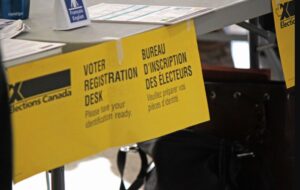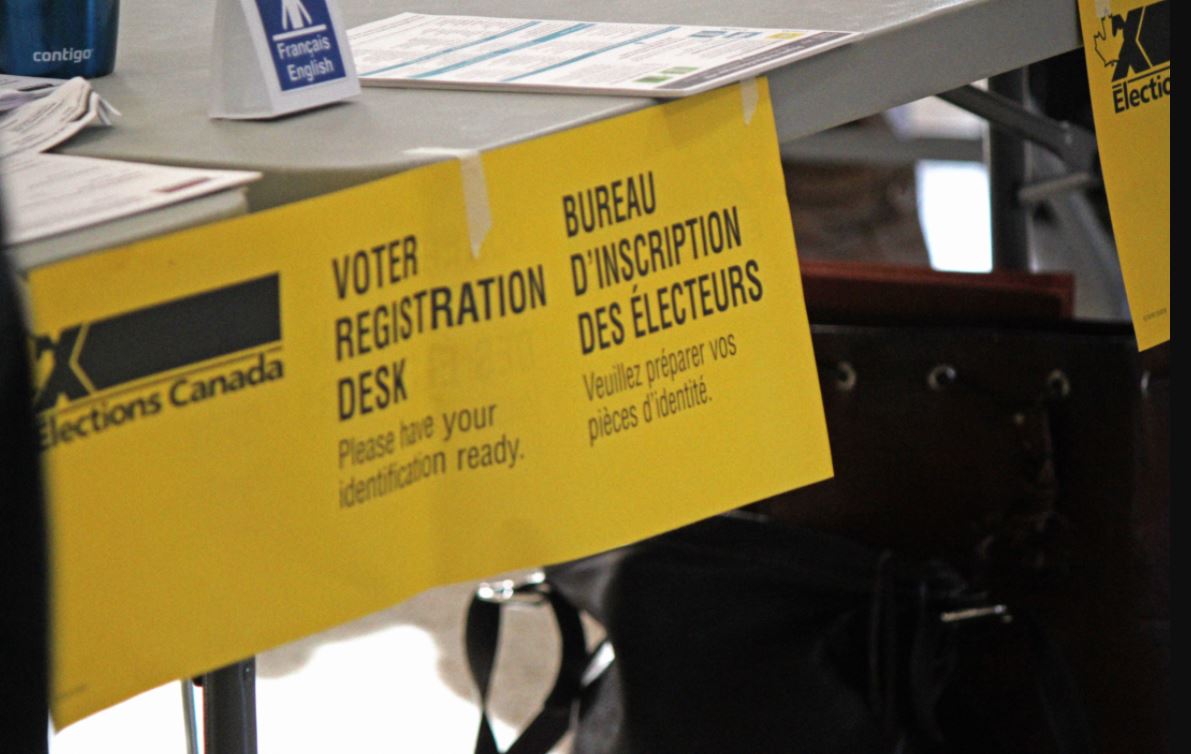Elections 2021: the countdown is over

TORONTO – At the end of an election campaign full of accusations, poisons and controversy, the countdown is over. Tomorrow Canadians will go to the polls to choose their 338 representatives in the 44th legislature and, indirectly, to indicate the new prime minister. Today the leaders of the main parties held the last electoral rallies, launching the last appeal to the still undecided voters who, ultimately, could shift the final balance and therefore the outcome of the votes. Justin Trudeau spoke in Montreal in the morning, while throughout the day he was engaged in a long series of virtual events.
Her main contender, Erin O’Toole, chose Ontario as the last stop on her long electoral tour, starting in Markham and closing in the evening in Toronto. Jagmteeth Singh, like Annamie Paul, has instead focused on British Columbia. But what are the expectations and prospects of the various parties? Even the latest polls indicate a substantial statistical parity between the Liberal Party and the Conservative Party, with the grits appearing to be ahead in the potential distribution of seats.
But in this case the conditional is a must, because in about forty federal constituencies the liberal and conservative candidates are divided by a handful of votes: consequently the final outcome of this electoral consultation is far from obvious. The NDP, on the other hand, aims to improve on the disappointing result of the 2019 elections, when the party led by Singh was able to elect just 24 candidates.
The Bloc Quebecois has the declared objective of confirming itself as a fundamental political force in the French-speaking province, while the Greens will try to increase the small number of deputies in the federal parliament.
Maxime Bernier deserves a separate discussion. The leader of the People’s Party has been the protagonist of an impressive rise throughout the election campaign, and this is partly explained by the fact that former government minister Harper was the only party leader to have embraced the cause of no vax and deniers.
Of course, it remains to be seen whether the increase in support for the PPC will result in some seats won – and here the polls outline a not exactly rosy scenario – but in any case the result of Bernier’s party is destined to have heavy repercussions in the balance of power between the parties and, consequently, in the general outcome of the vote.
In all constituencies where the People’s Party is growing, the Consevator Party is declining and vice versa. The divided right, therefore, could favor the outgoing prime minister, who instead aims to gnaw consensus on the left, in the NDP electorate.
These are dynamics that could be decisive, especially in a political context characterized by a general balance between Trudeau and O’Toole.
In Ontario, tomorow polling stations will open at 9:30 a.m. and close at 9:30 a.m.



